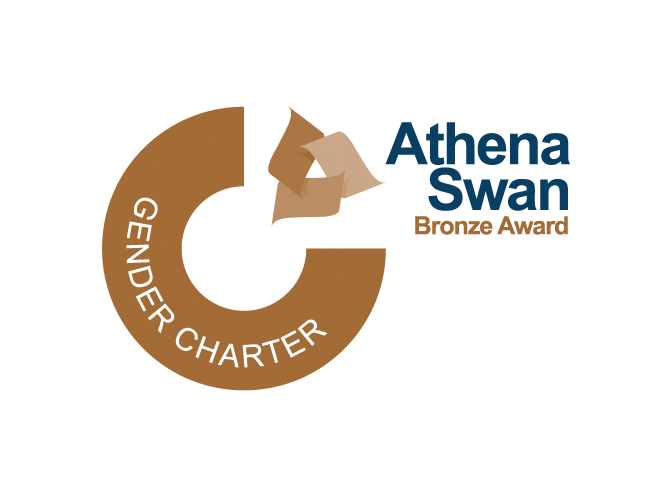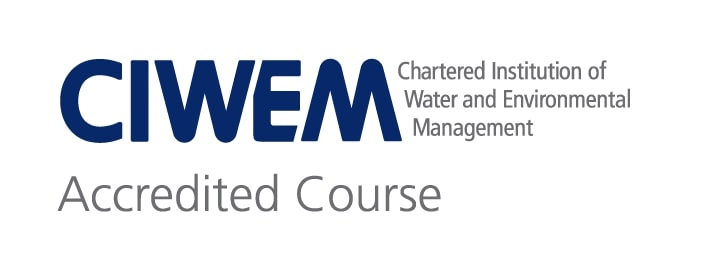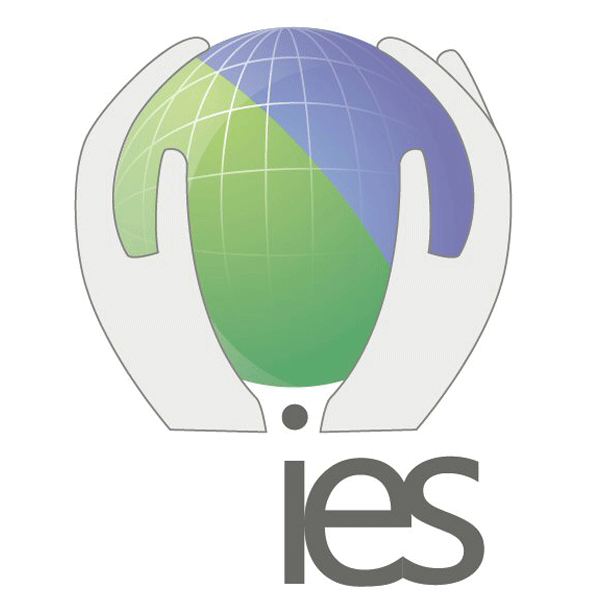Written in stone: evaluating geodiversity as a natural, social and economic asset
Postgraduate Research Student: Elaine Hooton.
Supervision team: Professor Clare Warren (OU); Dr Stewart Clarke (National Trust); Dr Jonanthan Larwood (Natural England); Professor Richard Holliman (OU)
Project overview
The UK’s geological history has strongly influenced landscape development, ecological habitats and species, and human interaction with the natural world. Geological sites of specific conservation interest include a range of global to local designations. UNESCO World Heritage sites, which reflect both cultural and natural significance, and UNESCO Global Geoparks, which consider socioeconomic values, both recognise geodiversity of global significance. Sites of Special Scientific Interest (SSSI) are selected on the basis of their national significance for geological research and Local Geological Sites are identified for their scientific, educational, aesthetic and/or historical value.
This systematic approach and hierarchy (global, national, local) largely focuses on expert-led (geological) determination of value. Geodiversity, however, has a much wider ‘value’ that reflects its natural, social and economic significance, which may be interpreted differently by interested and affected parties, and may change over time. There is currently no consistent framework for assessing or assigning holistic ‘value’ to protected geological sites.
.jpg) The National Trust owns land in England that includes World Heritage, SSSI and Local Geological Site designations, an extensive coastline, lowland and upland landscapes, and buildings with designed gardens and landscapes. An example is shown to the right: a view of the ruined engine houses, Wheal Edward and Wheal Owles, along the “Tin Coast” at Botallack, Cornwall (©National Trust Images/John Miller; re-used with permission). The geological heritage and significance of these sites is not always fully developed or utilised.
The National Trust owns land in England that includes World Heritage, SSSI and Local Geological Site designations, an extensive coastline, lowland and upland landscapes, and buildings with designed gardens and landscapes. An example is shown to the right: a view of the ruined engine houses, Wheal Edward and Wheal Owles, along the “Tin Coast” at Botallack, Cornwall (©National Trust Images/John Miller; re-used with permission). The geological heritage and significance of these sites is not always fully developed or utilised.
This PhD project will:
-
Develop an approach to assessing geology as a natural, social and economic asset: operationalising natural capital in a geological context and exploring how a ‘geosystems services’ approach may be related to ideas about ‘public benefit’. Engagement with different 'publics', such as the National Trust, Natural England, local citizens, visitors, scientists working with these sites will be critical for identifying, testing and validating the approach.
-
Develop a transferable approach that allows the National Trust to understand and capitalise on its geological assets to benefit visitor experience.
This project will involve deployment of a range of tools and approaches to natural capital and ecosystem services and their application to geology. The results will demonstrate the value of geology as a natural, social and economic asset that frames our understanding of geological past and our more recent histories, connecting people to National Trust sites.
Further reading
Brilha J., Gray M., Pereira D.I. and Pereira P. (2018). Geodiversity: An integrative review as a contribution to the sustainable management of the whole of nature. Environmental Science & Policy, 86, pp.19-28.
Gray M., Gordon J.E., Brown E.J. (2013). Geodiversity and the ecosystem approach: the contribution of geoscience in delivering integrated environmental management. Proceedings of the Geologists’ Association, 124, 659-73.
Gray M. (2019). Geodiversity, Geoheritage and Geoconservation for society, International Journal of Geoheritage and Parks, 7(4), 226-236 https://doi.org/10.1016/j.ijgeop.2019.11.001.
Larwood J.G., France S., and Mahon C. (Eds.) (2017). Culturally Natural or Naturally Cultural? Exploring the relationship between nature and culture through World Heritage. United Kingdom: IUCN National Committee UK. https://iucnuk.wordpress.com/2017/10/19/culturally-natural-or-naturallycultural.
Stace H., and Larwood J.G., 2006. Natural foundations: geodiversity for people, places and nature. English Nature, Peterborough. http://publications.naturalengland.org.uk/publication/60005.
Stewart I.S. and Gill J.C. (2017). Social geology—integrating sustainability concepts into Earth sciences. Proceedings of the Geologists' Association, 128(2), 165-72.
News
Celebrating Graduation in Manchester
On 22 November Professors Clare Warren, Mark Brandon and Richard Holliman, and Dr Barbara Kunz travelled to Manchester for an OU Graduation Ceremony.
EEES researcher to lead £800k project to improve global climate change predictions
An EEES researcher is leading a new Natural Environmental Research Council-funded project to improve our ability to predict climate change using cutting-edge analysis of fossilised algae molecules.


